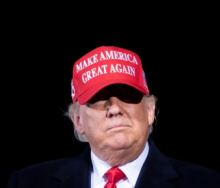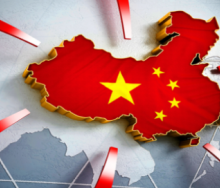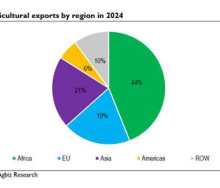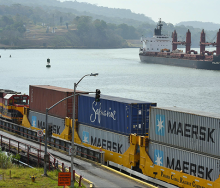Zimbabwean Minister of Foreign Affairs and Trade Sibusiso Moyo’s threat to recall ambassadors for failing to meet their export growth target (10% growth) has been met with more than a pinch of salt, with economists and manufacturers highlighting that it’s pointless to push to boost exports when production capacity is so low.
Speaking at an exporters’ breakfast meeting late last week, Moyo announced that the criteria of rating ambassadors' performance had been changed to allow evaluation on economical and transactional engagement.
He said ambassadors were now expected to report the progress they have made in, amongst others, securing export and trade deals, highlighting that president Emmerson Mnangawa had made “great strides” in opening up trade opportunities in markets such as China, Europe and the United States.
"If any local company fails to penetrate these then it is not anybody's fault because we have managed to totally end the isolation of this country.
Yet, with ongoing problems such as massive rolling black-outs and a lack of foreign currency, production capacity in key export sectors – agriculture, mining and manufacturing – is at record lows according to independent Zimbabwean economist, John Robertson.
“Zimbabwe has lost its ability to produce, along with its ability to borrow money to ensure stable, sustainable production,” he said, noting that foreign investment was the one thing that could help turn around Zimbabwe’s economic fortunes.
“But investors are wary of investing amid such instability,” Robertson added.
A Reuters news agency video recorded over the weekend highlighted that Zimbabwe was currently producing only half of the 1 700 megawatts needed on a daily basis, resulting in power cuts of up to eight hours and more.
Plaster Centre Zimbabwe – which has production capacity to manufacture 20 000 bags of gypsum wall and ceiling plaster per month – is producing only 7 000 bags due to power cuts, said owner Moses Chipurura.













